“I remember getting on the bus when I was about 5, and all the seats up front were empty. At that time, black people had to sit in the back of the bus behind a certain line. Even if the front of the bus was empty and there were no white people on the bus, we were not allowed to sit up front. My grandmother pushed me all the way to the back where it was crowded, but I broke loose and ran up and took a seat and said, ‘Come on, Mama, there’s some seats up here. We can sit up here!’ She went to me and pinched me and pushed me all the way back in the back. I looked into the faces of some of the black people who were sitting there. They felt sorry for this little girl who didn’t know any better. I couldn’t understand why we had to stand. I said, ‘We don’t have to stand. There are seats up there.’ She never explained to me when we got home why we had to stand, and I never understood, so when I got an opportunity to be a freedom rider, I was right there ready.
“It was on a Saturday in 1959. I was only in the 10th grade, and my grandmother was so afraid something would happen to me. She was so afraid I would get killed. She kept saying, ‘Those white people gonna kill you because they don’t care nothing about a nigger.’ But I begged her, and she let me. There were 10 of us they put on the bus and instructed us all to sit in the front. We were told that no matter what anybody says to you, no matter what they do to you, keep looking out the window. Do not respond, even if they spit on you. There was this white lady who got on. She said she was tired. There were some seats further back, but she didn’t want to go back there. She asked me to get up and give her my seat, but we had been instructed not to get up, so I kept looking out the window. She finally said, ‘Gal, if you don’t get up outta that seat --- I’m so tired. I need you to sit in a seat back there!’ We were always taught to obey older people---white, black, it didn’t matter---but I didn’t move. She asked the bus driver: ‘Bus driver, can you make this girl go back there and sit back in the back?’ All the bus drivers at that time were white, but they knew we were integrating the buses, so he shook his head. She kept harassing me to get up, and I could hear my grandmother say, ‘Obey grown people.’ So I got nervous and turned around to look in the back, and when I did I looked straight into the face of an old black man. He didn’t say anything, but he looked me dead in the eyes and shook his head No. No, keep your seat. That gave me the courage that I needed. So I turned back around and continued to look out the window. There was nothing else said.
“My family was the first family to march into the courthouse and request our name changed. It was in 1977. People you see walking around today didn’t come to this country with these names. Our names were changed because we were property. Like my friend here: Her last name is Turner, so she knows her ancestors came from the Turner plantation. When I realized that, then I wanted to be my own person. So we went to court. It didn’t cost but $26 for the whole family. I chose my own name.”
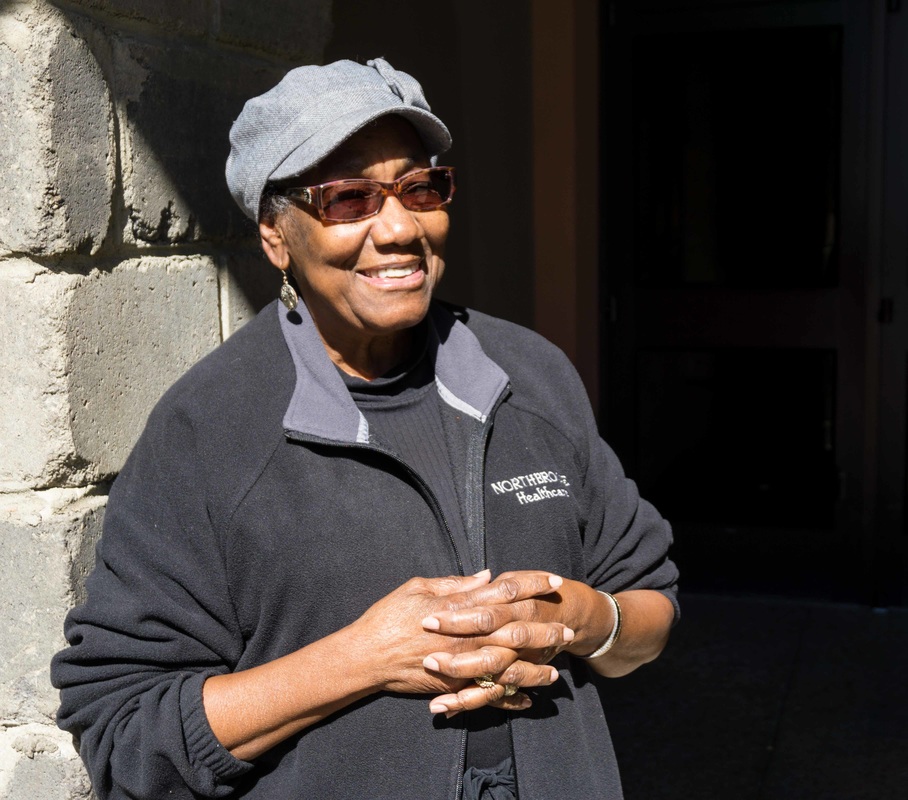
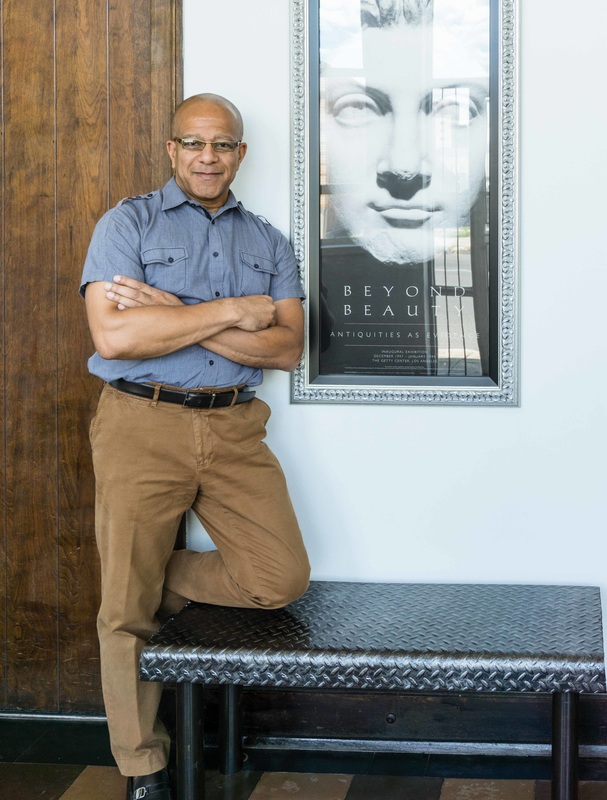
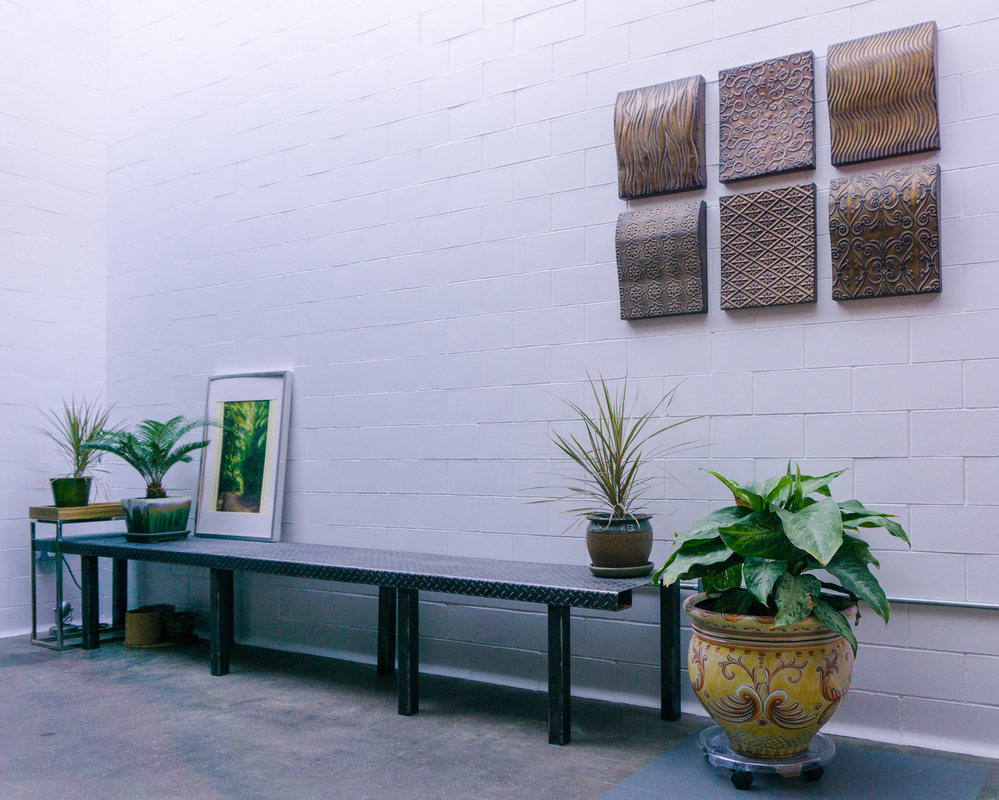
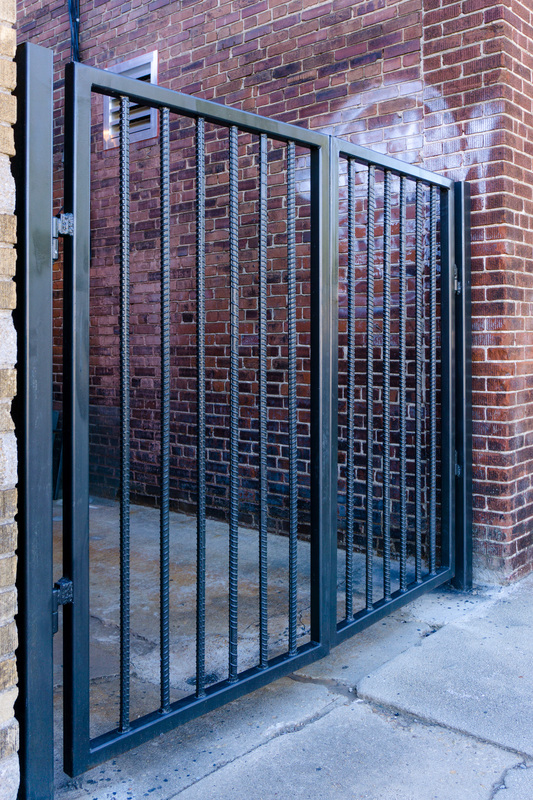

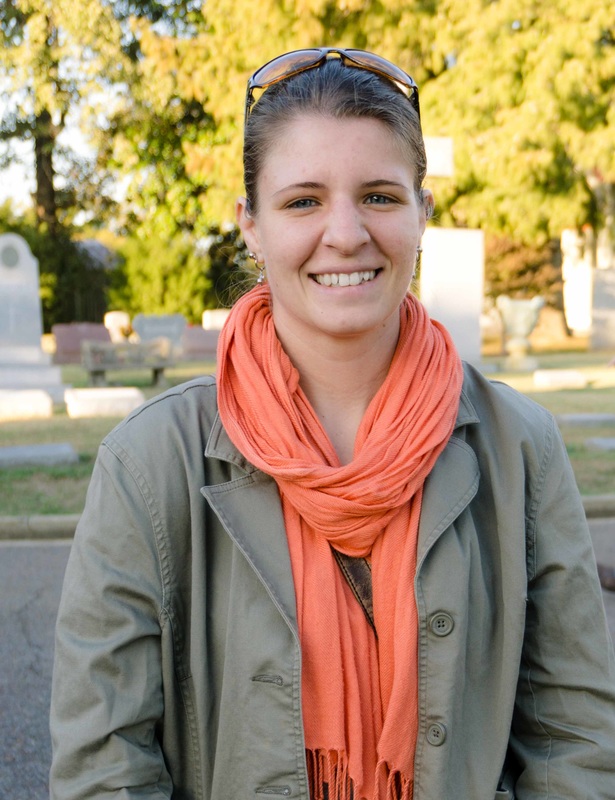
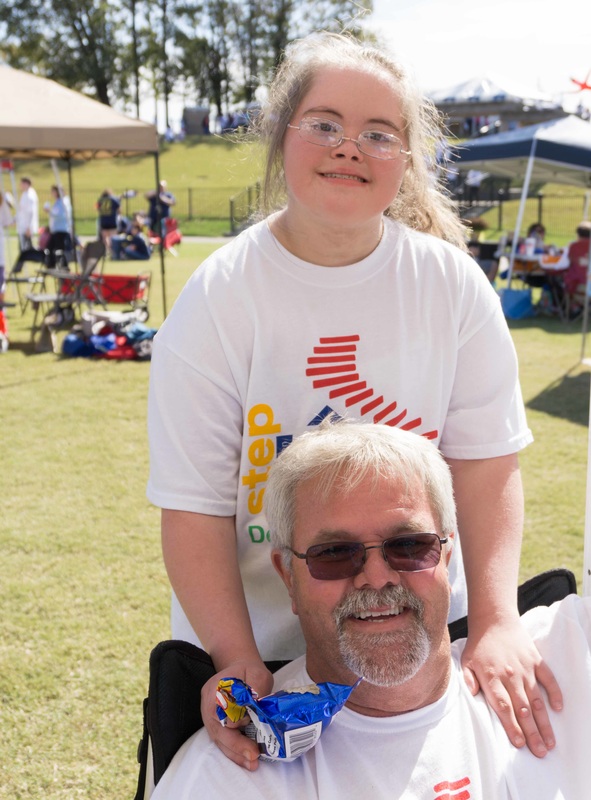
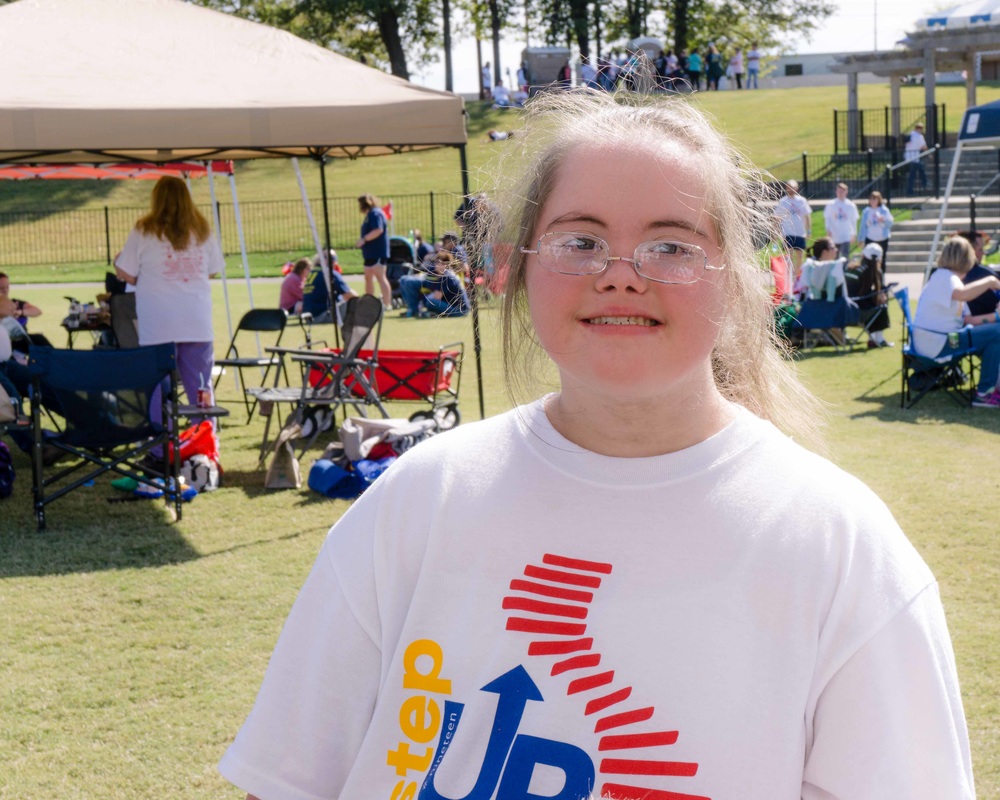

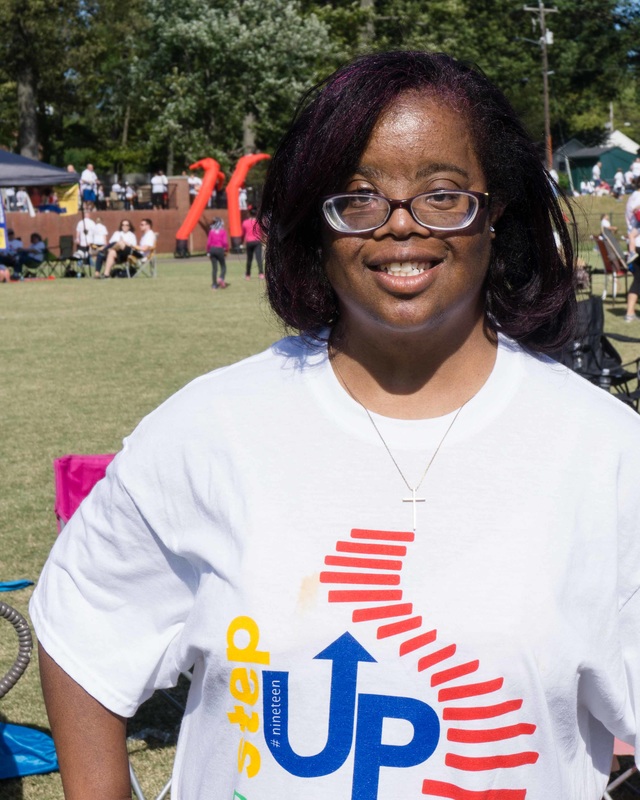
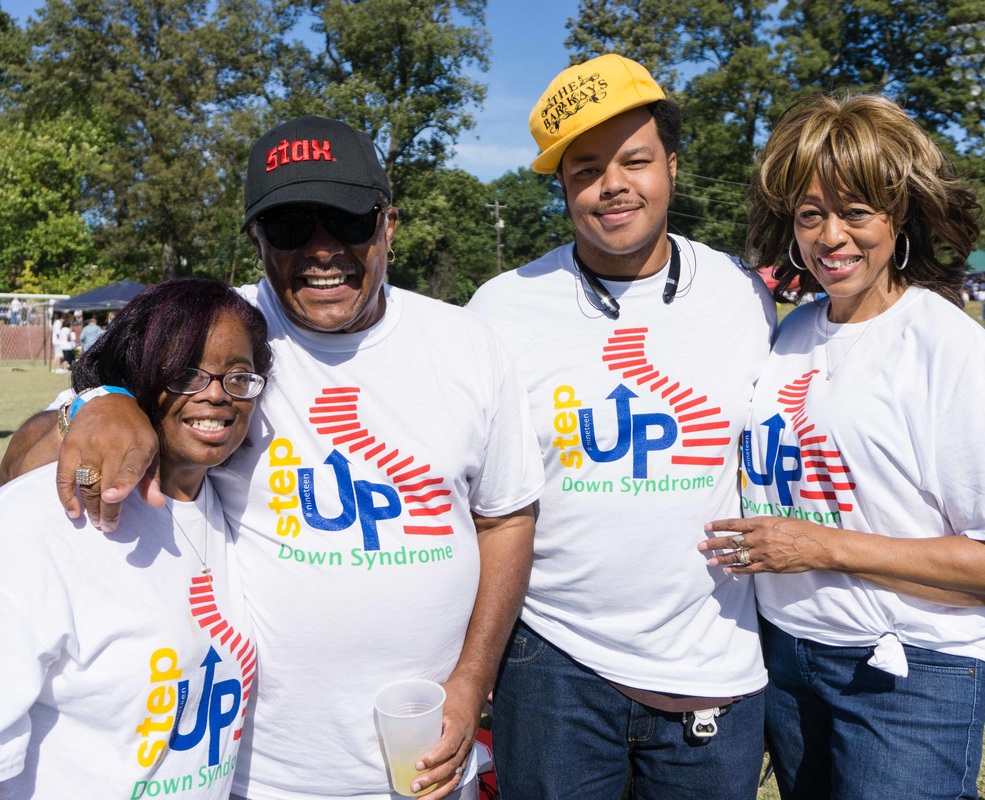
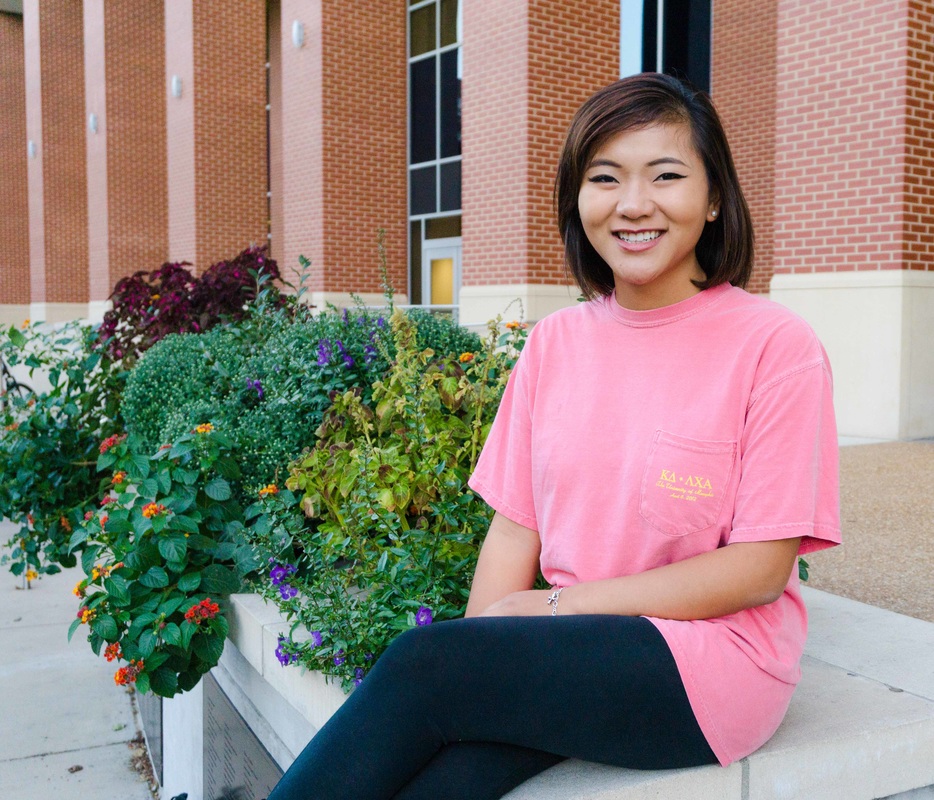
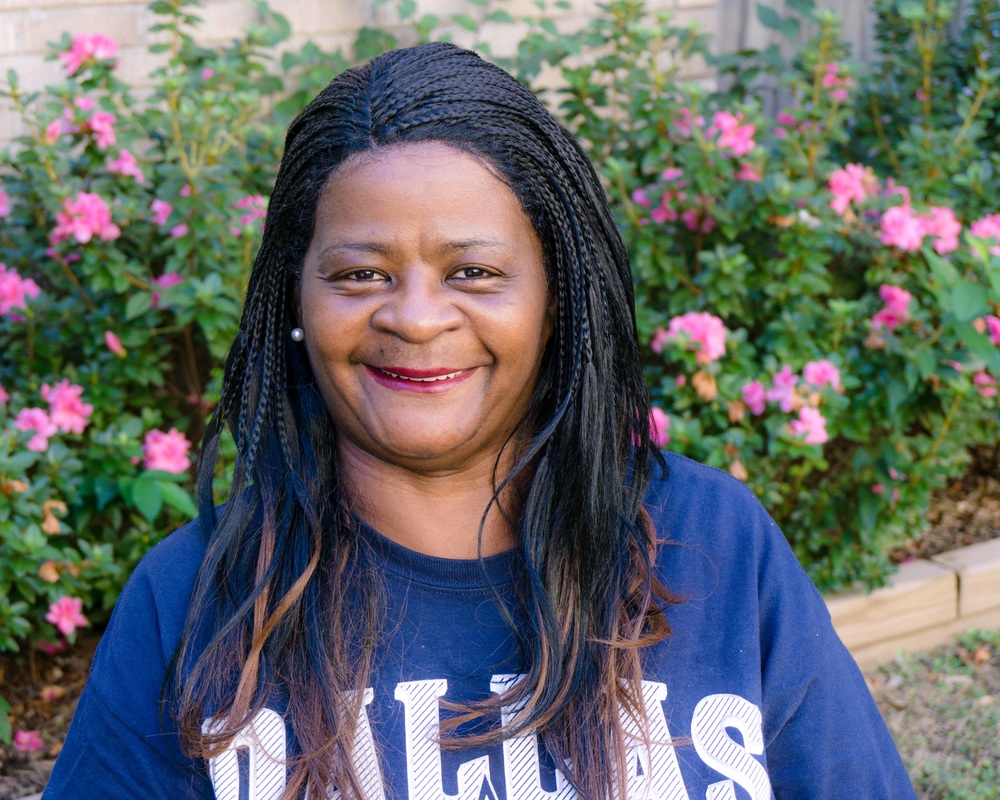
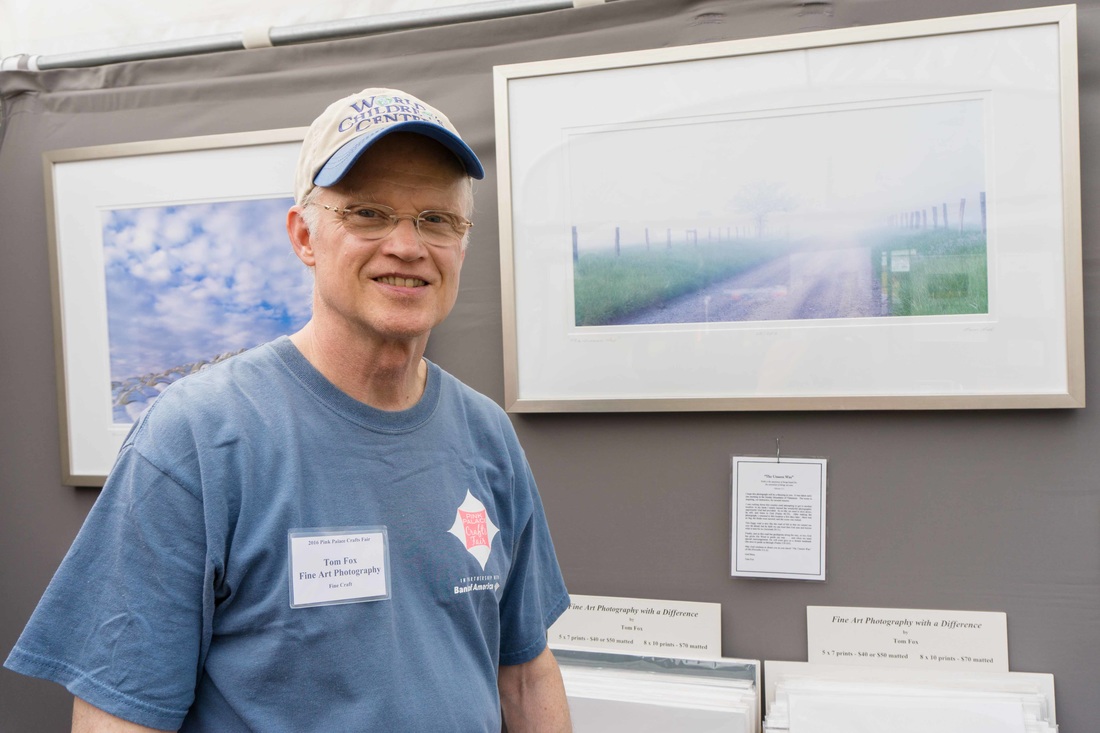
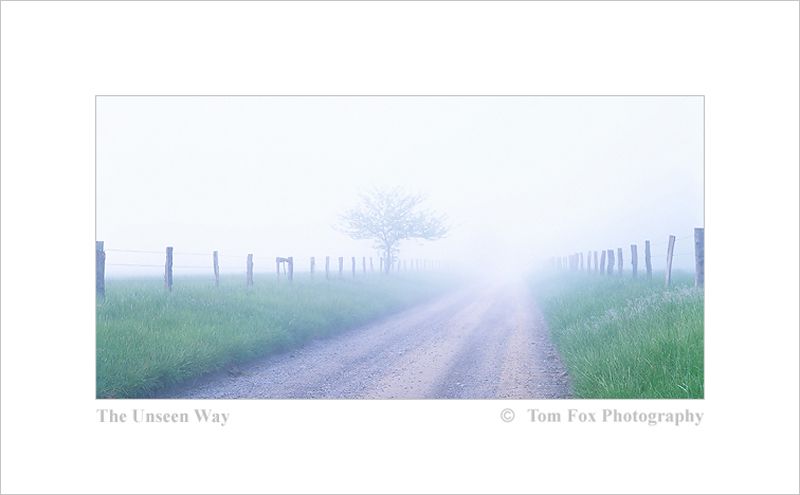
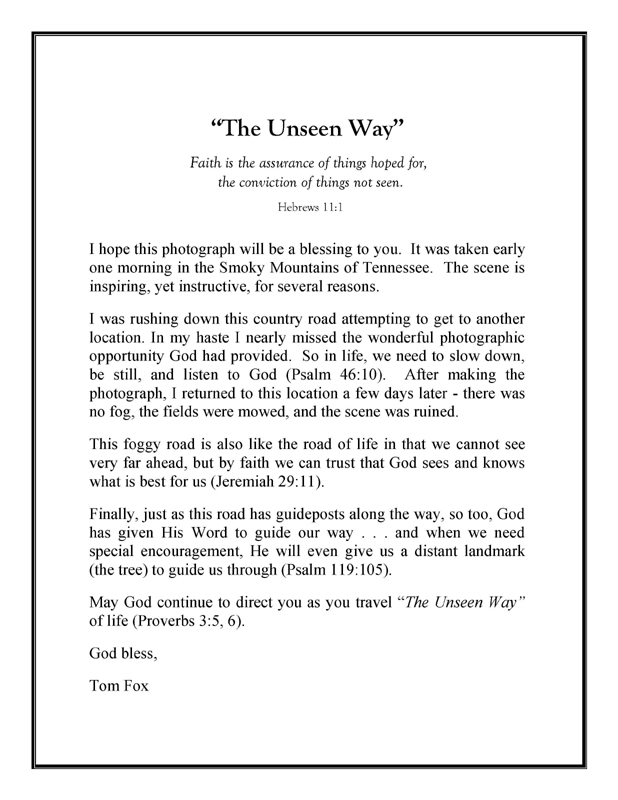





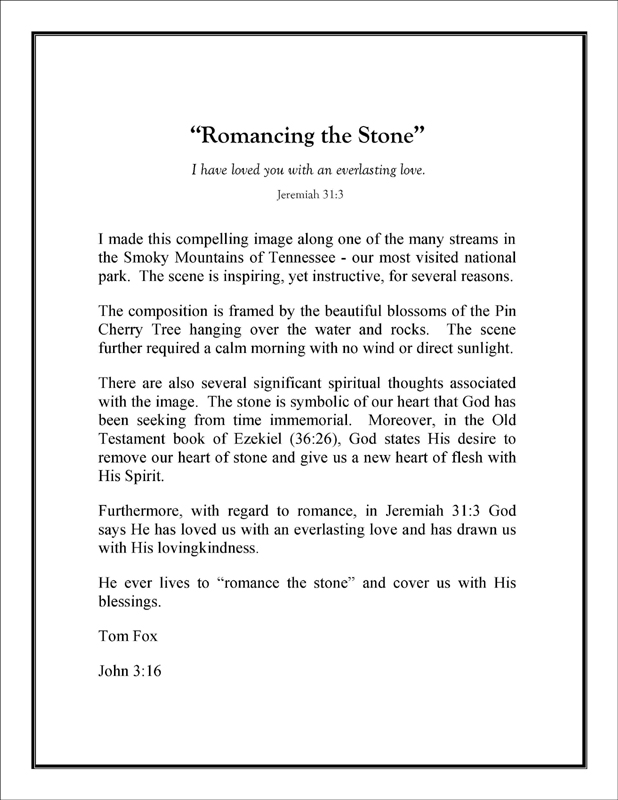


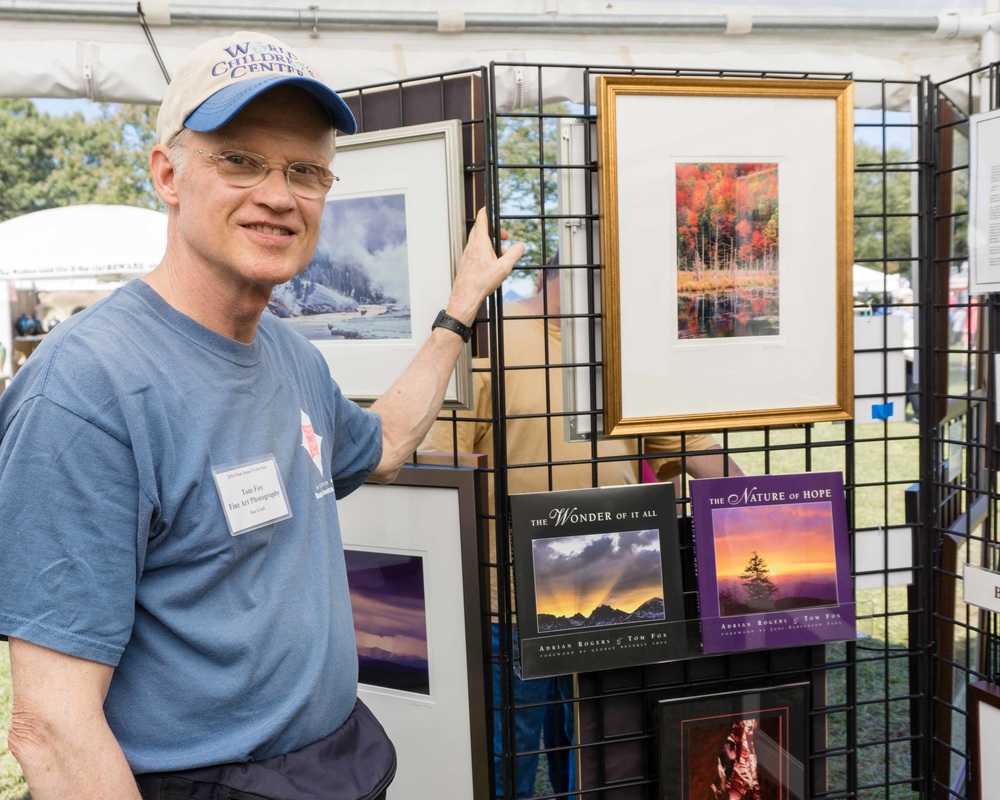
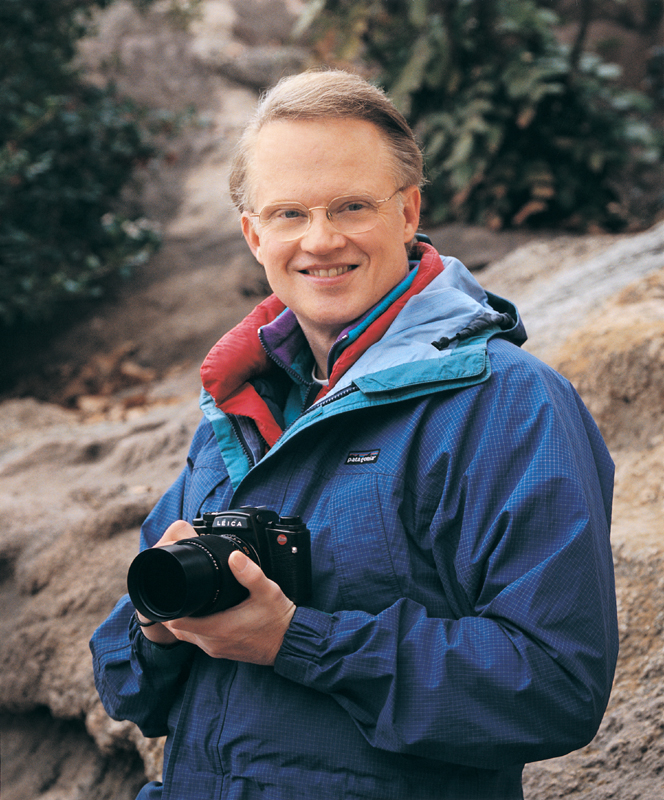
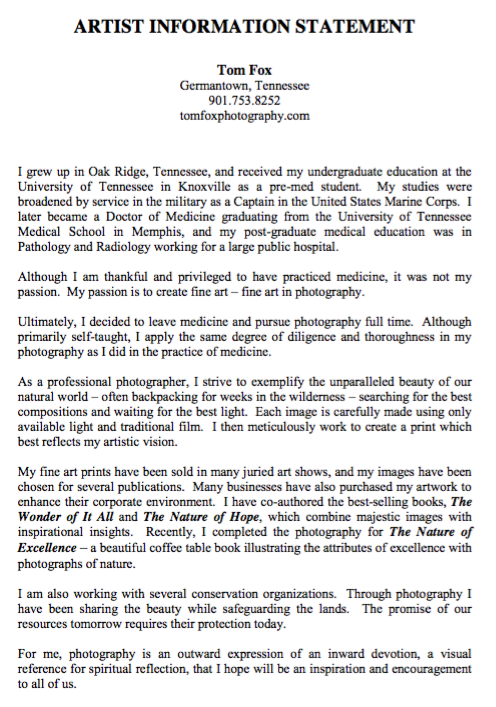
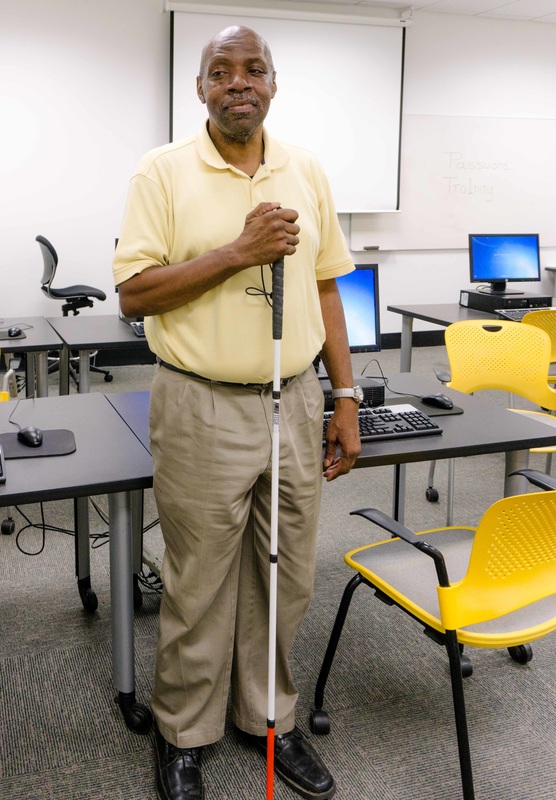
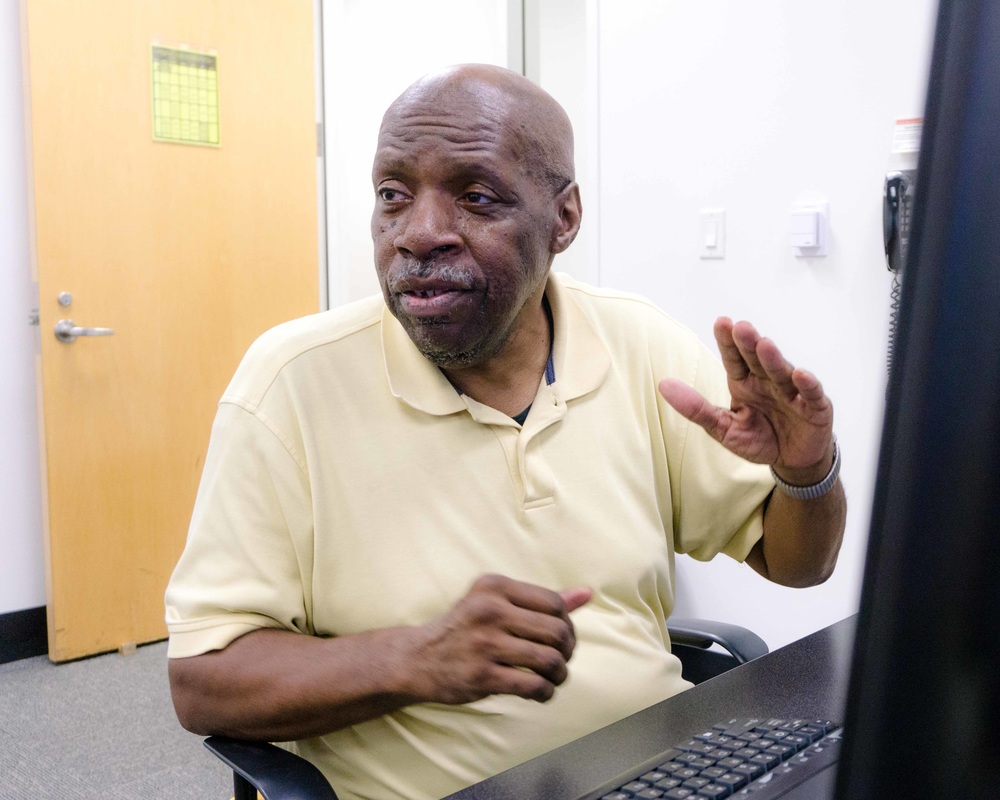
 RSS Feed
RSS Feed